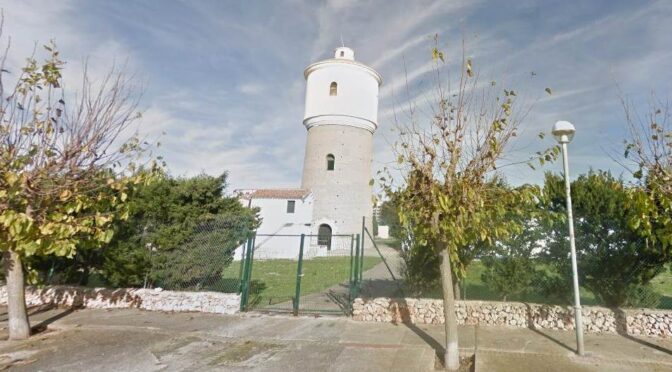Views: 2415
Elevated nitrate levels in Maó’s tap water bring a series of urgent issues that must be addressed with proper information.
Beyond these urgent matters lie several key causes—the root of the problem, which should not be overshadowed by media headlines.
The GOB advocates for a tariff revision, reducing rates for reasonable consumption and raising them significantly for excessive usage.
Nitrates are not living organisms
The presence of nitrates in tap water does not indicate contamination by fecal matter or pathogens. Nitrates are salts that accumulate in aquifers, generally due to human activities. Nitrates are also found naturally in vegetables, some cured meats, and certain cuts of meat.
Boiling water is not recommended for nitrate contamination, as no organisms need to be eliminated. Boiling could even increase nitrate concentrations as water evaporates while nitrates remain.
For the same reasons, it is safe to use water for showering, washing food, boiling pasta, or other domestic uses. Vulnerable populations should limit direct ingestion of water (whether raw or pre-boiled).
Risk to infants and vulnerable populations
Excessive nitrate intake through food or drink can cause issues for specific groups, primarily infants, pregnant women, or adults with circulatory issues.
An excess of nitrates in the body can reduce the blood’s ability to carry oxygen. This is especially dangerous for vulnerable populations.
Current regulations set a maximum of 50 mg/l of nitrates for tap water to ensure safe formula preparation for infants.
Bottled water is expensive and unsustainable
Bottled water imported to Menorca involves significant energy consumption through land, sea, and further land transport. It is roughly 500 times more expensive than tap water, with small bottles costing up to 1,000 times more.
Plastic bottles contribute to waste, with recycling challenges. Environmentally, ensuring safe tap water with clear guidelines on its safe uses is preferable.
Water rates: reduce the first tier, multiply the third
Water at around €1 per ton means tap water is practically free. Claiming water is “as costly as gold” ignores real market prices.
Low pricing encourages overuse. Amidst Maó’s water crisis, a shift in usage is necessary.
Since the water is not currently safe for drinking, an immediate cost reduction should cover the first 100 liters per person per day. For other household uses, rates could hold until 250 liters per person per day (in line with Balearic standards). Beyond this, tariffs should rise steeply to discourage overconsumption while offsetting the reduced rates for the first tier.
If aquifers are better preserved, nitrate concentration decreases, making consumption moderation essential.
Well meters
For over 20 years, well meters have been mandatory, yet many wells in Menorca still lack them. Now, Maó is urging Balearic authorities to introduce smart meters in wells to monitor extractions.
Reintroducing public sources of treated water
Reviving treated public water sources like the Calabria fountain would benefit people who prefer refilling over buying bottled water, avoiding added costs and waste.
While long-term solutions are unclear, maintaining some treated public fountains would provide reliable sources of safe water.
Nitrate source monitoring
Studies show most nitrate sources in Menorca relate to chemical fertilizer use, with some results suggesting an organic mix.
Ensuring the responsible use of chemical fertilizers and managing organic contamination are essential for a sustainable water future.


One thought on “Maó’s water: an urgent and important matter”
Comments are closed.